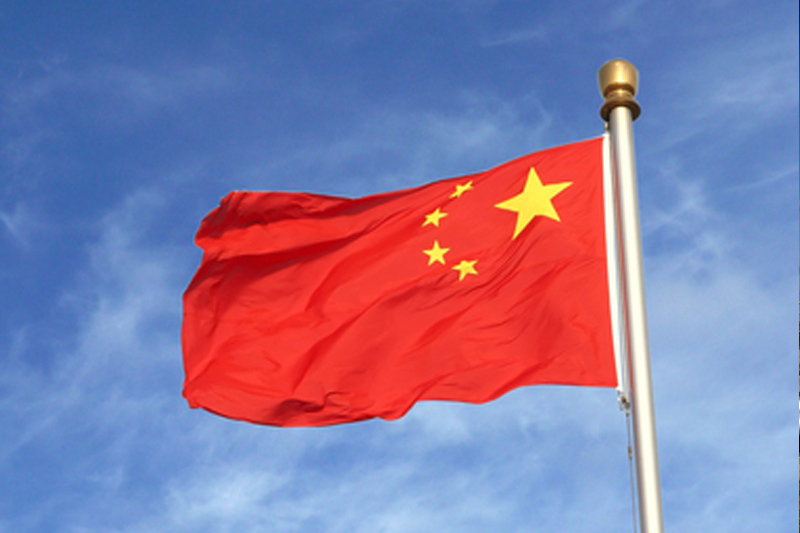SHANGHAI (Reuters) - Australia, Indonesia and South Korea skipped the launch of a China-backed Asian infrastructure bank on Friday as the United States said it had concerns about the new rival to Western-dominated multilateral lenders.
China's $50 billion Asian Infrastructure Investment Bank (AIIB) is seen as a challenge to the World Bank and Asian Development Bank, both of which count Washington and its allies as their biggest financial backers.
China, which is keen to extend its influence and soft power in the region, has limited voting rights in these existing banks despite being the world's second-largest economy.
The AIIB, launched in Beijing at a ceremony attended by Chinese finance minister Lou Jiwei and delegates from 21 countries including India, Thailand and Malaysia, aims to give project loans to developing nations. China is set to be its largest shareholder with a stake of up to 50 percent.
Indonesia was not present and neither were South Korea and Australia, according to a pool report.
Japan, China's main rival in Asia and which dominates the $175 billion Asian Development Bank along with the United States, was also not present, but it was not expected to be.
Media reports said U.S. Secretary of State John Kerry put pressure on Australia to stay out of the AIIB.
However, State Department spokeswoman Jen Psaki said: "Secretary Kerry has made clear directly to the Chinese as well as to other partners that we welcome the idea of an infrastructure bank for Asia but we strongly urge that it meet international standards of governance and transparency.
"We have concerns about the ambiguous nature of the AIIB proposal as it currently stands, that we have also expressed publicly."
In a speech to delegates after the inauguration, Chinese President Xi Jinping said the new bank would use the best practices of the World Bank and the Asian Development Bank.
"For the AIIB, its operation needs to follow multilateral rules and procedures," Xi said. "We have also to learn from the World Bank and the Asian Development Bank and other existing multilateral development institutions in their good practices and useful experiences."
PERSONAL LOBBYING
The Australian Financial Review said Kerry had personally asked Australian Prime Minister Tony Abbott to keep Australia out of the AIIB.
"Australia has been under pressure from the U.S. for some time to not become a founding member of the bank and it is understood Mr Kerry put the case directly to the prime minister when the pair met in Jakarta on Monday following the inauguration of Indonesian President Joko Widodo," the paper said.
South Korea, one of Washington's strongest diplomatic allies in Asia, has yet to say it will formally participate in the bank. Its finance ministry said last week it has been speaking with China to request more consideration over details such as the AIIB's governance and operational principles.
"We have continued to demand rationality in areas such as governance and safeguard issues, and there's no reason (for Korea) not to join it," South Korean Finance Minister Choi Kyung-hwan said in Beijing on Thursday after attending a separate regional meeting.
The Seoul-based JoongAng Daily quoted a South Korean diplomatic source as saying: "While Korea has been dropped from the list of founding members of the AIIB this time around, it is still in a deep dilemma on what sort of strategic choices it has to make as China challenges the U.S.-led international order."
The AIIB is expected to begin operations in 2015 with senior Chinese banker Jin Liqun, ex-chairman of investment bank China International Capital Corp, expected to take a leading role.
The memorandum of understanding signed on Friday said authorized capital of the bank would be $100 billion and that the AIIB would be formally established by the end of 2015 with its headquarters in Beijing, state news agency Xinhua said.
Takehiko Nakao, the president of the Manila-based Asian Development Bank (ADB), said the AIIB should function in line with international governance, labor and environmental standards.
"I hope the new bank will adhere to these standards," Nakao told Reuters in a phone interview.
He backed away from earlier comments that he did not welcome the AIIB but said there was an overlap of its role with that of the ADB.
"But again, because of very big financing needs of the region it is understandable to have a new idea of establishing a bank," Nakao said, adding: "We will consider the appropriate collaboration after it is really established."
The ADB, created in 1966, offers grants and below-market interest rates on loans to lower to middle-income countries. At the end of 2013, its lending amounted to $21.02 billion, including co-financing with other development partners.
China has a 6.5 percent stake in the ADB, while the United States and Japan have about 15.6 percent each.
(Reporting by Brenda Goh; Additional reporting by Arshad Mohammed, Sonali Paul, Jake Spring, Choonsik Yoo and Rosemarie Francisco; Editing by Raju Gopalakrishnan)
